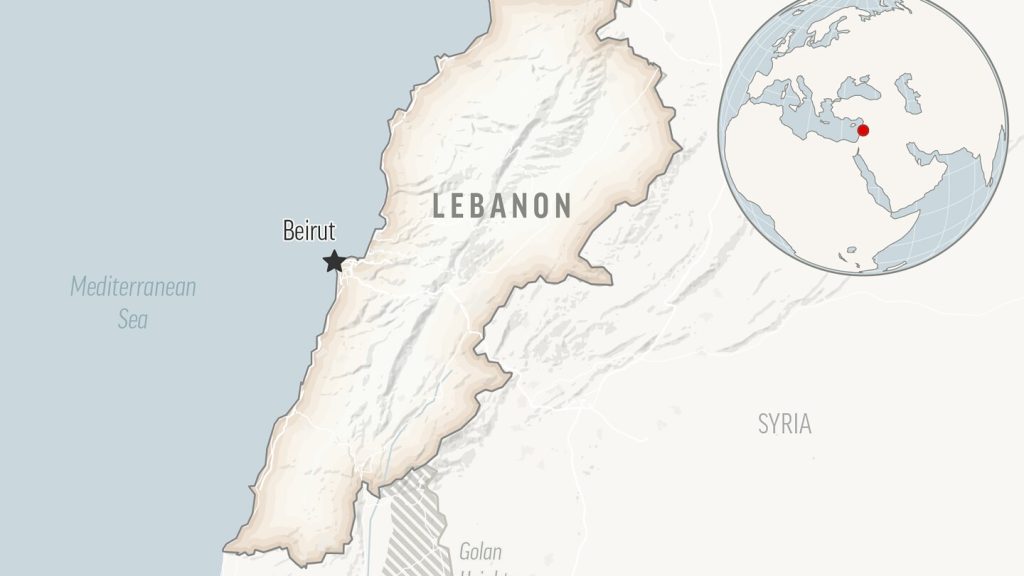Lebanon has charged former central bank governor Riad Salameh with illicit enrichment and issued an arrest warrant against him following an investigation into an apartment he rented in France. The apartment was intended to be used as a substitute office for the central bank if needed, and Salameh had rented it from his former partner for approximately $500,000 annually. The apartment was described as small and almost empty, with a few computers inside. Salameh has been detained since early September and continues to deny allegations of corruption and embezzlement, attributing his wealth to inherited properties, investments, and his previous job as an investment banker.
In addition to the recent charges of illicit enrichment, Salameh was also charged in early September with the embezzlement of $42 million. This came after he ended his 30-year term as central bank governor last year under scrutiny, with multiple European countries investigating him for financial crimes. Salameh has been widely criticized in Lebanon for his role in the country’s ongoing financial crisis, which has been characterized by severe economic downturn since late 2019. Despite initially being celebrated for his role in Lebanon’s economic recovery after a civil war, Salameh’s reputation has been tarnished by accusations of corruption.
In addition to the charges in Lebanon, Salameh is also facing investigations in France, Germany, and Luxembourg for alleged illicit enrichment and money laundering totaling $330 million. The former central bank governor has dismissed these investigations as part of a media and political campaign to scapegoat him. While the US, the UK, and Canada have imposed sanctions on Salameh and his associates, France has issued an international arrest warrant for him. However, Lebanon does not typically extradite its own citizens, presenting a challenge in terms of potential legal repercussions for Salameh.
The case against Salameh is part of wider efforts to address corruption and financial mismanagement in Lebanon, where public trust in government institutions has been eroded by a series of crises. The country has been grappling with political instability, economic turmoil, and the aftermath of the devastating Beirut port explosion in August 2020. The investigations into Salameh and other high-profile figures are seen as a test of Lebanon’s commitment to combatting corruption and restoring credibility in its financial institutions. Despite the challenges and complexities of these cases, they are seen as essential steps towards accountability and justice in the country.
The legal proceedings against Salameh highlight the urgent need for structural reforms and transparency in Lebanon’s financial sector. The country’s banking system has long been criticized for lacking adequate oversight and accountability mechanisms, allowing for corruption and embezzlement to go unchecked. The ongoing investigations into Salameh and other top officials are seen as a crucial step towards holding individuals accountable for their actions and rebuilding public confidence in Lebanon’s financial governance. As the cases progress, they are likely to have far-reaching implications for the country’s political and economic landscape, shaping the future trajectory of Lebanon’s recovery and reform efforts.


